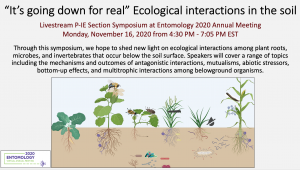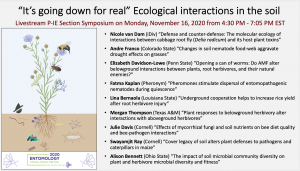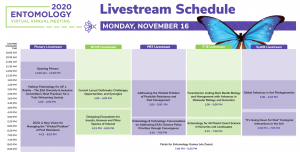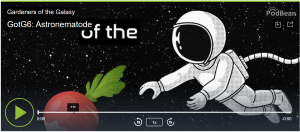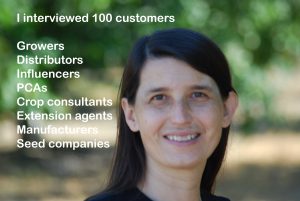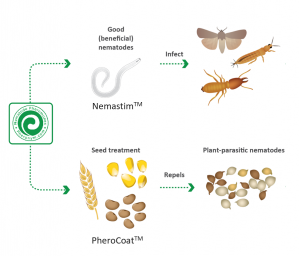 News release by Janice López-Muñoz
News release by Janice López-Muñoz
WASHINGTON, DC, September, 22, 2020—In a successful return-to-space mission, research study results indicate that beneficial insect-killing nematodes (small round worms) can be used in the future for natural control of insect pests when humans are growing crops in space. The research objective was to study entomopathogenic (insect-killing) nematodes (EPNs) foraging and infection dynamics in space onboard the International Space Station (ISS) between December 2019 and January 2020.
These beneficial roundworms may have “what it takes” for controlling pest insects that threaten crops grown aboard during long-term human missions in space. That’s the implication of findings from experiments conducted aboard the ISS and published in the journal npj|Microgravity.
This EPNs space mission research was a collaborative effort led by Dr. Fatma Kaplan, CEO of Pheronym, an award-winning ag-biotech pest management company that enables sustainable farming through its novel platform of nematode pheromones, the Center for the Advancement of Science in Space (manager of the International Space Station U.S. National Laboratory) and USDA-ARS (Agricultural Research Service) co-project director research leader Dr. David Shapiro-Ilan. The research was sponsored by the ISS National Lab, who partners with NASA to utilize the U.S. research allocation aboard the orbiting laboratory. Keep Reading
This news release is featured by https://www.newsbreak.com/news/2068007935467/space-nematodes-a-giant-leap-for-interplanetary-agriculture
https://phys.org/news/2020-09-space-nematodes-giant-interplanetary-agriculture.html

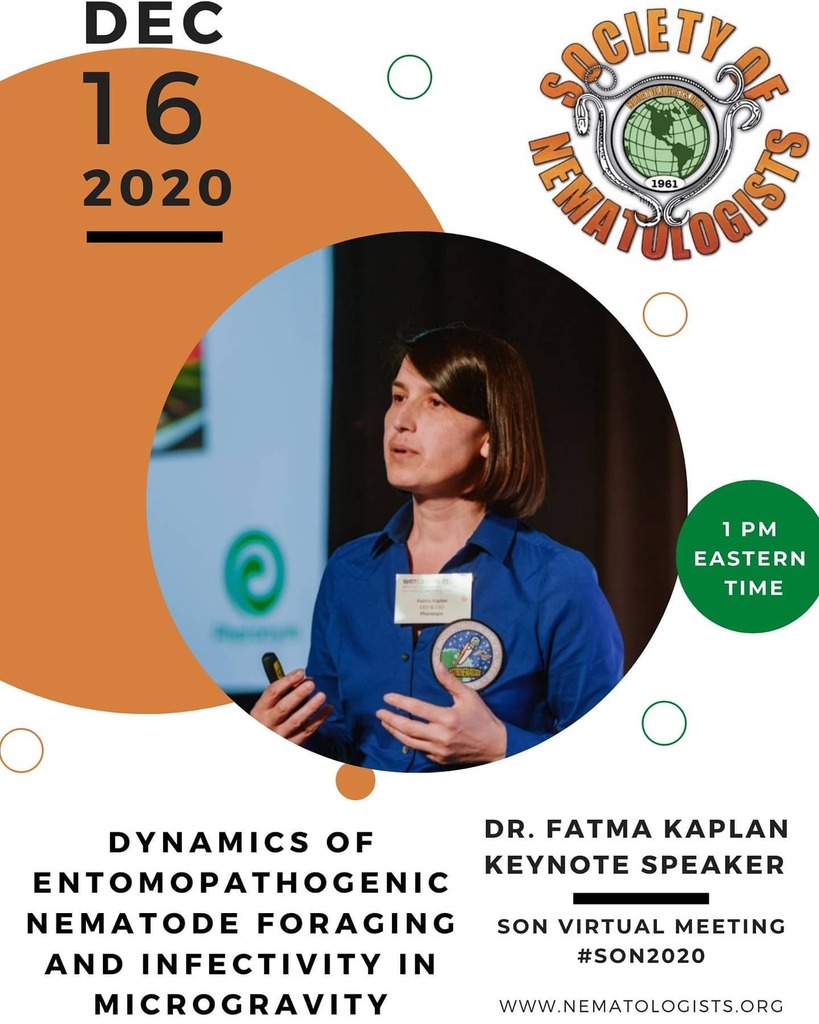
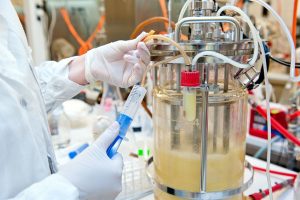
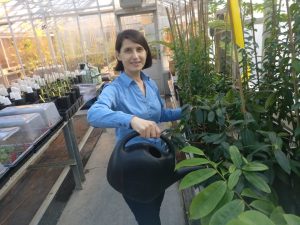
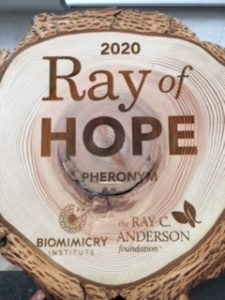
 UC Davis Venture Catalyst Knowledge Exchange Webinar
UC Davis Venture Catalyst Knowledge Exchange Webinar Dr. Kaplan is invited to speak at the session
Dr. Kaplan is invited to speak at the session 